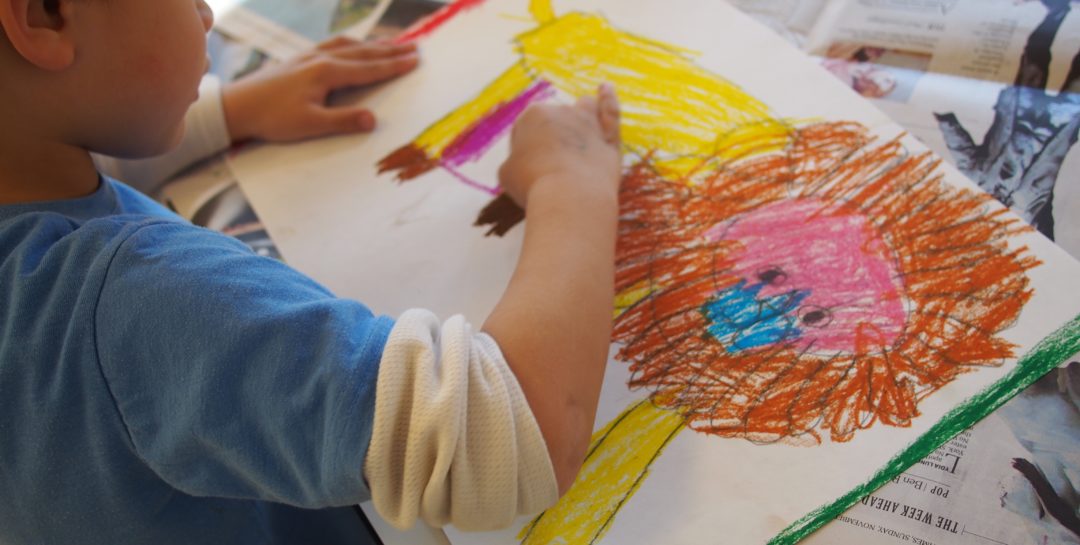
Difference, diversity, pluralism. What do these words mean to an institution such as The Children’s School?
We believe that to encounter difference is to grow, and to embrace it is to be transformed. That is why the principle of diversity is of great importance to The Children’s School. First and foremost, we are about nurturing young hearts and minds to their fullest potential. Hence, assuring that our students encounter and experience difference in our classroom—of beliefs and customs, religions and cultures, race and ethnicity—is fundamental to our mission. Children’s intellectual, social and emotional growth is advanced and their sensitivity increased when they are at ease with and curious about cultures that are different from their own.
Beyond our mission, however, lies the school’s deeply held conviction that bringing the rich tapestry of life into the classroom is, quite simply, the right thing to do. It is who we are as a community; we strive to foster in our students the importance of understanding, tolerance and, above all, respect for others. From such understanding and respect is born the prospect of lasting peace, which, as Maria Montessori once said, is the great work of all educational endeavors.
In practice, then, diversity at The Children’s School begins in the message of respect that is communicated to and modeled for children at all times—respect for teachers, for classmates, for those they know well, and for those who are new and unfamiliar. Embedded deeply in the culture of our classroom, respect is reflected in our use of affirmative language when speaking to students as well as in how we speak to them: kneeling at their level, looking them in the eye, using a tone that says, “I take you seriously.” These gestures convey to students the importance we place on thoughtful, respectful communication and encourage them to respond similarly.
As a steward of the value of diversity and equity, as a celebrant of its meaning, The Children’s School has taken its role and its responsibilities very seriously since its founding.
We know this about children: they are naturally curious and empathic and free of judgment and prejudice. The early years, then, offer us a unique time, developmentally, to impress upon a child’s spirit that difference—the panoply of life—is joyous and good, and absolutely essential to one’s growth as a complete individual.